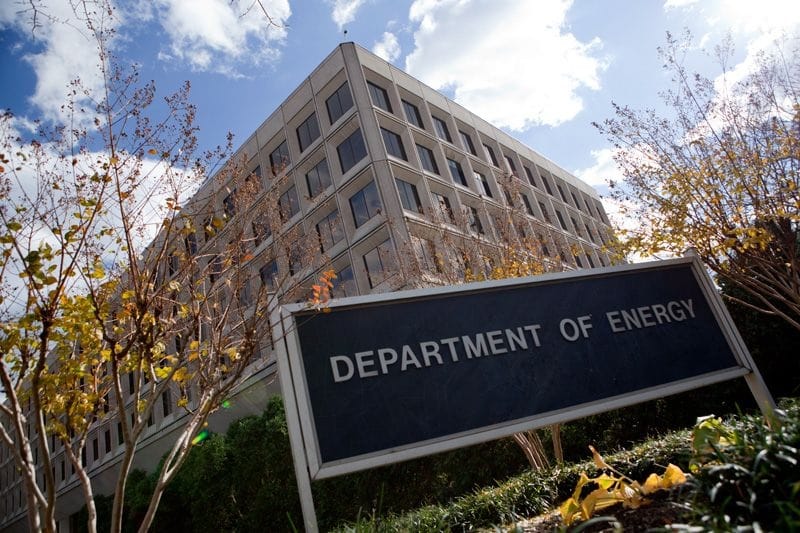U.S. DOE Announces $46 Million to boost energy efficiency and slash emissions in residential and commercial buildings

|
Listen to this story:
|
29 Projects Across 15 States Will Advance State-of-the-Art Building Technologies and Retrofit Practices to Cut Utility and Operating Costs, Reduce Energy Waste, and Support Healthier Communities
In support of President Biden’s Investing in America agenda, the U.S. Department of Energy (DOE) announced $46 million for 29 projects across 15 states to develop advanced building technologies and retrofit practices that enable healthier households and communities and reduce energy waste. The Buildings Energy Efficiency Frontiers and Innovation Technologies (BENEFIT) funding opportunity will help advance cost-effective solutions to successfully electrify buildings across the nation while also improving their energy efficiency and demand flexibility. These projects support innovative decarbonization strategies that, when deployed widely and properly, significantly reduce the building sector’s greenhouse gas emissions, eliminate unnecessary or wasteful energy consumption, and reduce strain on the nation’s electric grid. Accelerating breakthroughs in innovative technologies that increase building resiliency while mitigating local pollution is essential to delivering on the President’s plan to combat the climate crisis and build a clean energy future.
“Exploring new ways to build and operate America’s buildings is key to cutting harmful emissions and combatting the climate crisis,” said U.S. Secretary of Energy Jennifer M. Granholm. “With this funding, the Department is providing critical new resources to teams from across the nation to transform game-changing ideas into innovative solutions, creating safer and healthier homes and buildings while cutting energy costs.”
Residential and commercial buildings are the largest energy consuming sector of the U.S. economy, responsible for approximately 40% of the nation’s energy consumption, 74% of its electricity use, and 35% of its total carbon emissions. Estimates indicate roughly one-third, or more, of the energy used by buildings is wasted at a cost of $150 billion annually. Utilizing current technologies and developing new innovations are essential to ensuring buildings across America can quickly and more effectively improve their energy efficiency and decarbonize their on-site processes while advancing environmental and energy justice priorities.
Related Article: U.S. DOE Announces Over $450 Million to Increase Access to Rooftop Solar Power for Puerto Rico Residents
DOE works to reduce the energy intensity and related carbon emissions of homes and commercial buildings by supporting cost-effective technologies and practices, and these selected projects will drive innovations that help drive breakthroughs and continued progress. More than half of the 29 projects selected will pursue advancements to improve space conditioning and water heating, which accounts for just over half of all energy use in American homes. The remaining projects will help advance other components impacting homes and commercial buildings.
Selection for award negotiations is not a commitment by DOE to issue an award or provide funding. Before funding is issued, DOE and the applicants will undergo a negotiation process, and DOE may cancel negotiations and rescind the selection for any reason during that time.
DOE’s Office of Energy Efficiency and Renewable Energy (EERE) is accelerating the research, development, demonstration, and deployment of technologies and solutions to support President Biden’s ambitious plan to transition America to net-zero greenhouse gas emissions economy-wide by 2050. EERE is helping to ensure the clean energy economy benefits all Americans, creating good paying jobs for the American people—especially workers and communities impacted by the energy transition and those historically underserved by the energy system and overburdened by pollution.










